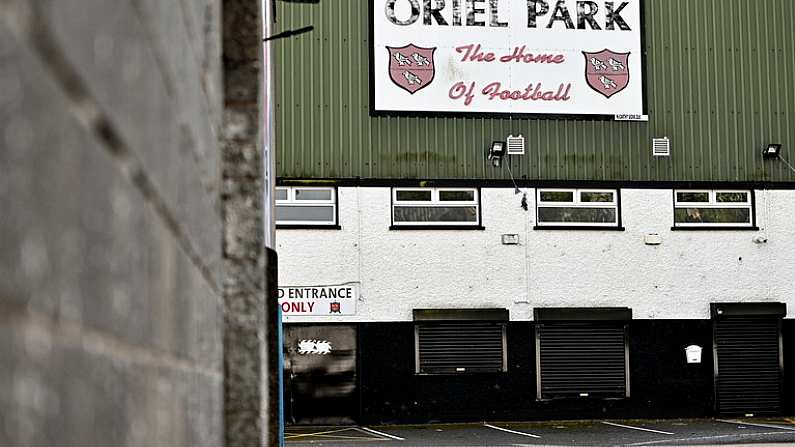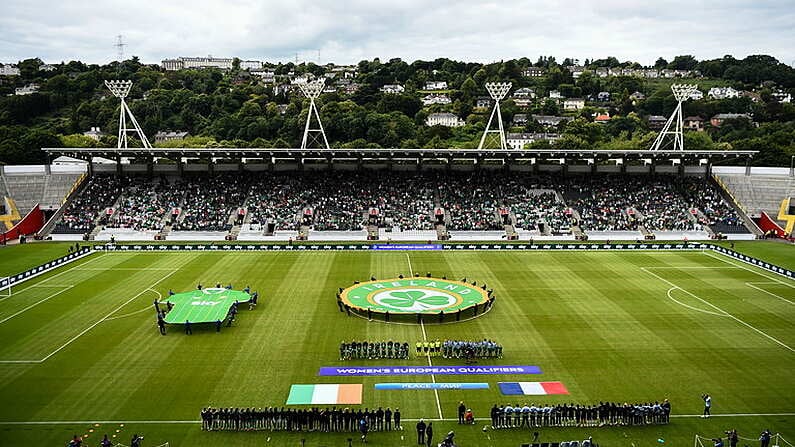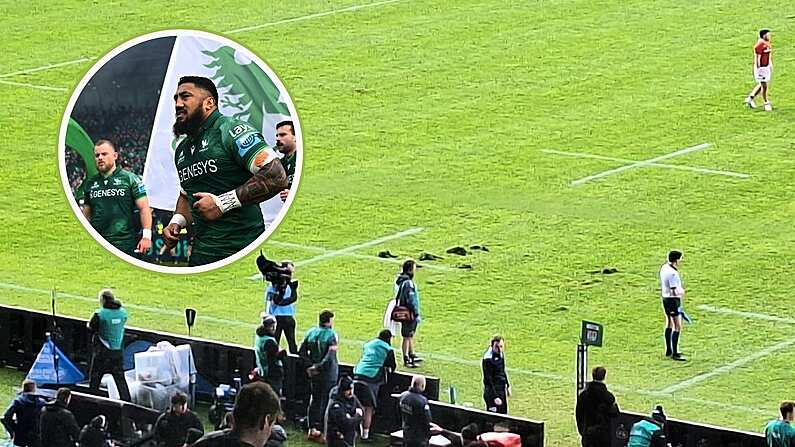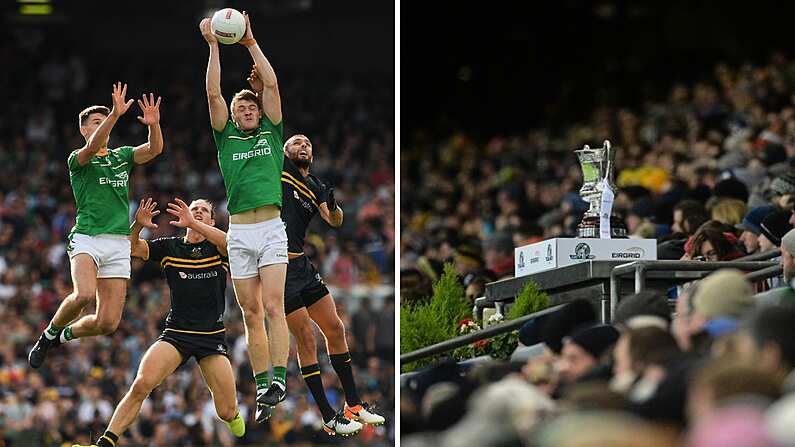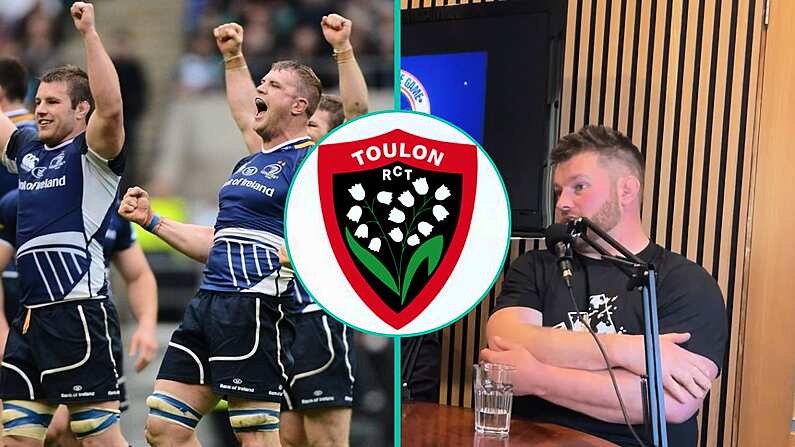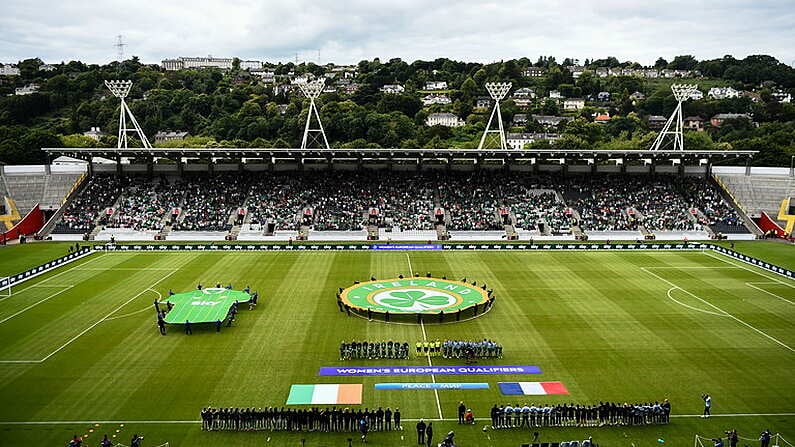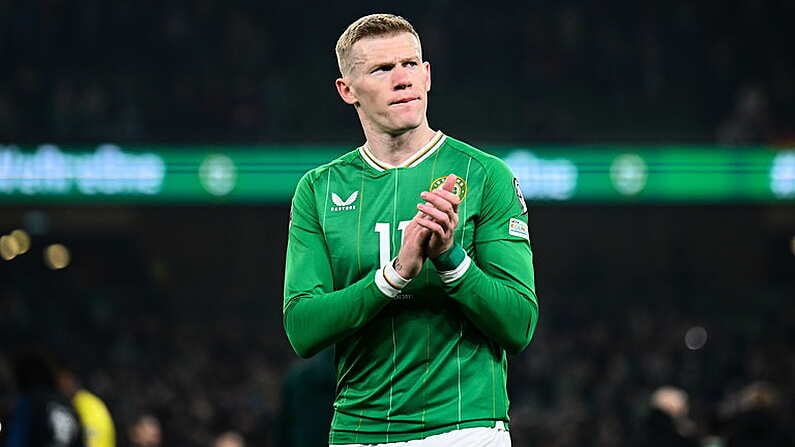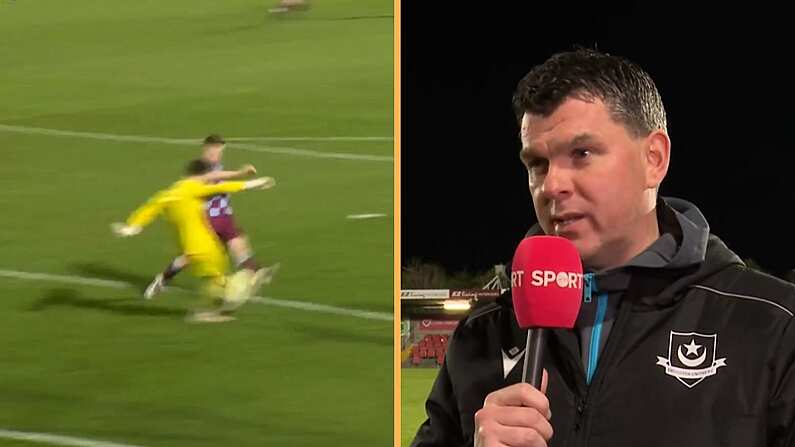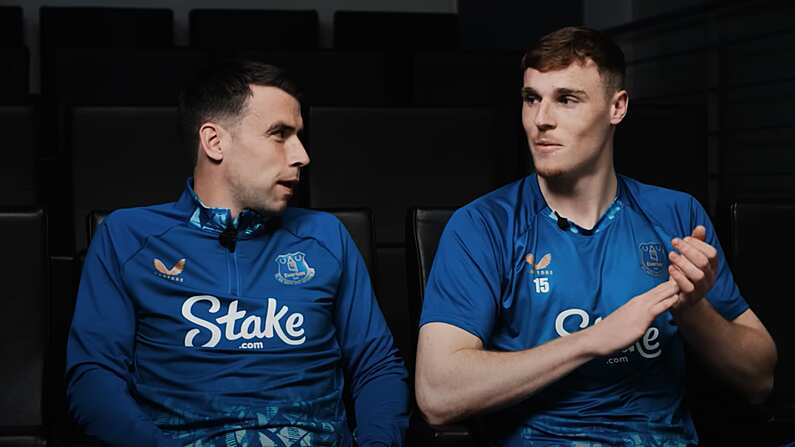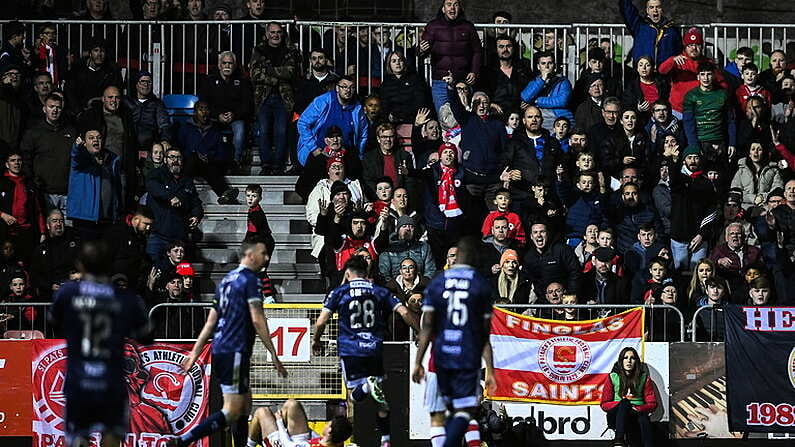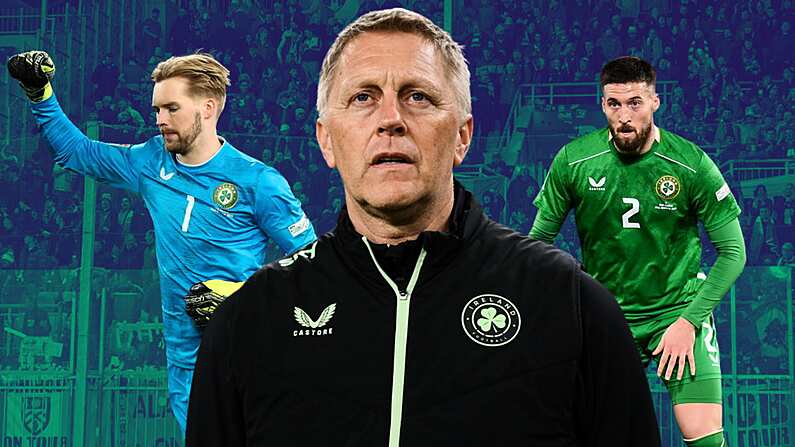Dundalk FC have been saved, for now. One of Ireland’s most storied clubs, they have enjoyed unprecedented success over the last decade with 5 league championships, 3 FAI Cup wins, 2 trips to the Europa League group stages and many more great nights for their fans. This season they’ve had as many managers on the sideline as wins in the league (five) but it’s off the field where the downfall has become most obvious. Boston-based Dubliner Brian Ainscough appears to have lasted as club owner for less than a year but we don't really know what the future holds.
While there will be time to unpack every facet of the current mess, here are some questions that we believe need answering immediately.
When did Brian Ainscough decide to reconsider his position?
Just last month, Dundalk announced that youngster Sean Keogh and former Ireland international Daryl Horgan had signed contracts that would last until the end of 2026. While Keogh isn’t likely to be too expensive, Horgan is no doubt on a decent wage giving the experience he brings to the squad.
My contract ran until 2025 but when the owner, Brian Ainscough, and the manager (Jon Daly) said it to me about extending it was something I wanted to do.
In July, Dundalk signed 9 players between permanent and loan transfers. That’s 11 new contracts that were okayed by the Dundalk board in the last 3 months. One of the July signings, Aodh Dervin, arrived from Galway after an “undisclosed fee” was paid. When did Ainscough decide he could no long support the club financially?
Where were Ainscough’s co-investors and what did they all put into the club?
In March this year, John Fallon in the Irish Examiner reported that Dundalk “scored a victory” by attracting John Keenan and Chris Clinton as new investors. In May, James Rogers in the local Argus reported that Ainscough “revealed that he has secured further investment in the club, with the possibility of more to come.”
Presuming this is all true, where are these people now and how much have they invested in the club? How much has Ainscough invested himself? Dundalk’s financial reports are overdue. Reporting from James Rogers has indicated that debts have spiralled to close to €2million. Ainscough had initially said he’d split time between his businesses in the US and Dundalk. He later stated he’d be full time with Dundalk and then appointed Peter Halpin as CEO. So how many people had a say in the running of the club was made? Some of the reports suggest these investors will continue to have a stake in the club.
Did the previous owners put in any money themselves?
When three local businessmen, Alan Clarke and Sean O’Connor from Stats Sports and Andy Connolly of Fastfix, took the reins of Dundalk after the 2021 season, it was reported that the previous owners, American venture capitalists Peak6, left the club with €250,000 in the bank. The new owners were warmly welcomed by most Dundalk supporters where protests against how the club were being operated by the Americans had become a staple of the 2021 season.
They made an instant splash by tempting Stephen O’Donnell away from cup-winning St Patrick’s Athletic, with O’Donnell speaking of Dundalk’s “higher ceiling” as one of the primary reasons for his switch. They finished the 2022 season in third place and qualified for European football.
Within months though, the club had issued a statement to Daniel McDonnell of the Irish Independent denying rumours the club was not for sale. A month later, they said that talks with Hull City owner Acun Ilicali had broken down and would not be pursued. In an open letter to fans, they stated:
The truth is that not only are we not desperate to sell the club, but we are not trying to sell the club at all.
9 months later they had sold the club to Brian Ainscough. In between the club earned €700,000 from their European exploits. How much money did Dundalk lose in the two seasons under their stewardship and will any of them return when a new board is created?
Is FAI club licencing fit for purpose?
The League of Ireland announced the clubs who had received licenses to participate in the 2024 season on the 22 November 2023. The following day, Kerry FC announced that their CEO, and principal shareholder, Brian Ainscough was leaving the club. He was quickly announced as the new owner of Dundalk FC. Club licencing was introduced to stop clubs absolving themselves of financial responsibilities by setting up new companies and carrying on in a different guise.
Speaking last weekend, the FAI’s David Courell admitted that the owners and directors test applied here focus on the “integrity” of owners and that the “same degree of financial due diligence” was not carried out, as the licencing process was finished. We’re left with a situation that two clubs were awarded licenses in November, complete with budgets, income projections and ownership details, and have those licenses become essentially meaningless mere days later.
With the greatest of respect to Kerry FC, their budget is a fraction of what’s needed to compete in the Premier Division so it’s not inconceivable that Ainscough and his partners could fund their 2024 season. Ainscough himself said the deal to take over at Dundalk came together very quickly, and those involved in Kerry said they were not informed until it was finalised, but did anyone involved in football here raise any red flags about this situation? As the club announced John Temple as the new principal this week, is it safe to assume the FAI performed checks on him and his consortium?
What happens next?
John Temple and his consortium have confirmed they'll fund Dundalk until the end of the season. His statement claimed the new group would "examine the viability of the club and its facilities going forward". What happens if they decide it isn't viable? Other investors may come on board, but former player Donal Greene has claimed that his proposal wasn't replied to. It's clear Ainscough wanted out, but what do Dundalk fans and the FAI know about the deal made to save them? Of course, that deal was welcomed as the threat of liquidation subsided, but where do they go from here, and who will be involved?
While the FAI might point out that Dundalk are a private business and therefore can’t pry too deeply into how the club is run but football clubs here can’t be allowed to fall asunder at the whim of any single person. Investment from all quarters is very welcome in the league, but there must be more robust checks and balances to ensure clubs can budget correctly and owners can fulfil their financial obligations.
And perhaps the biggest question of all, will Irish football learn from this episode?

